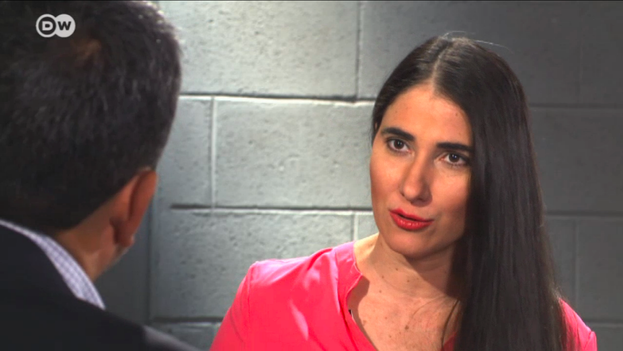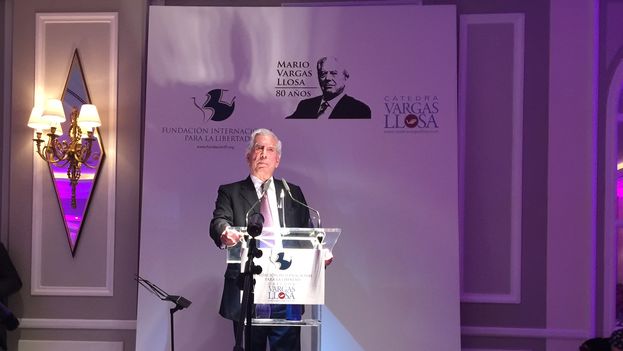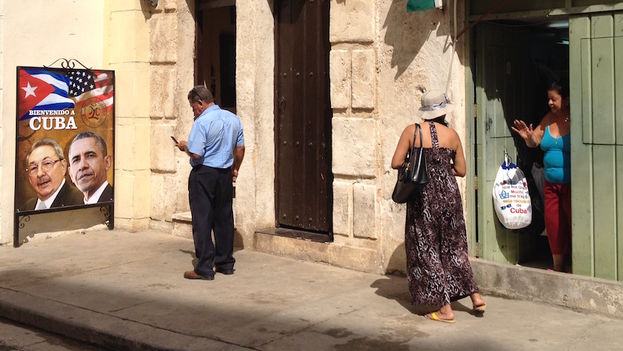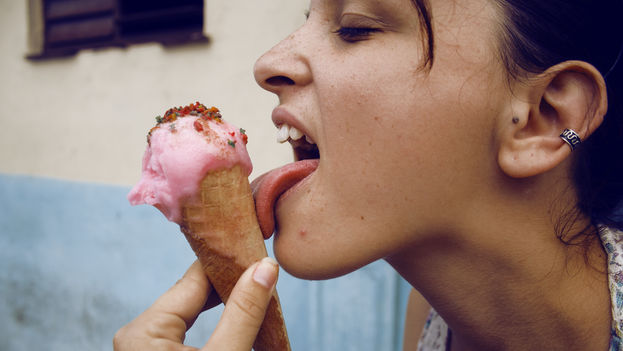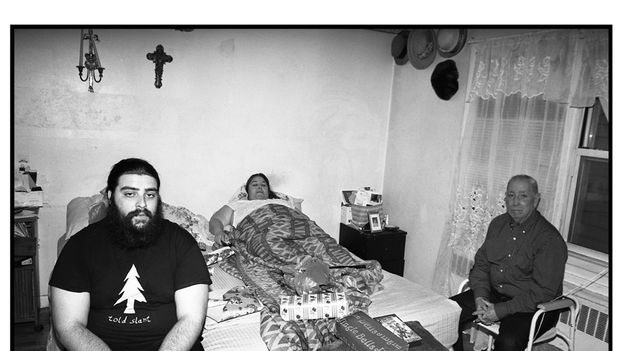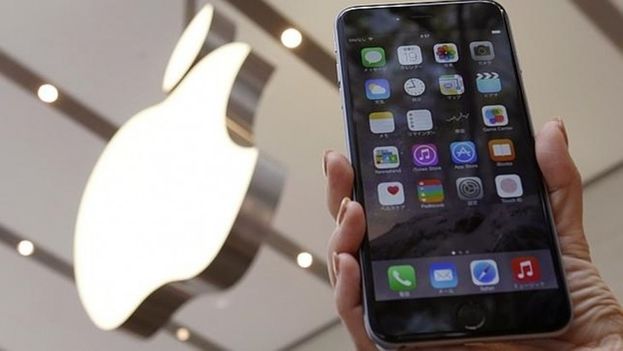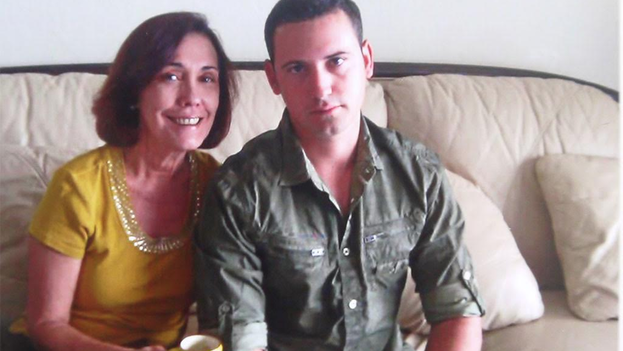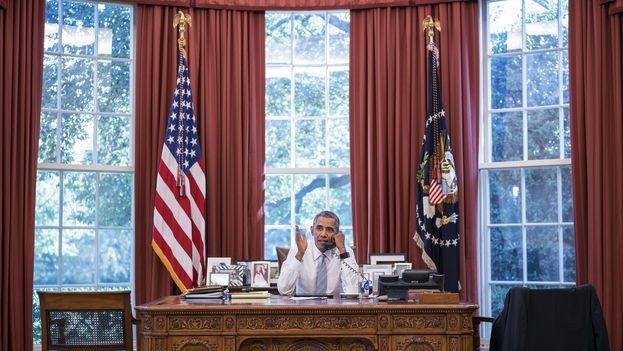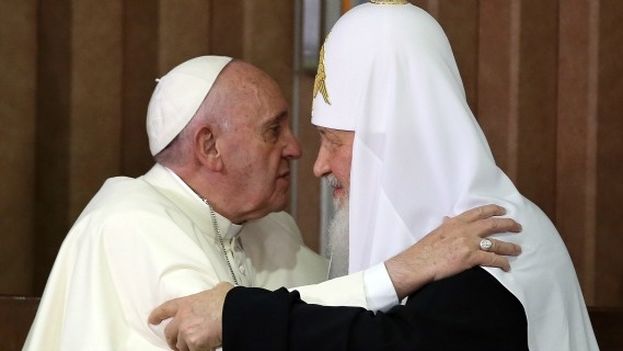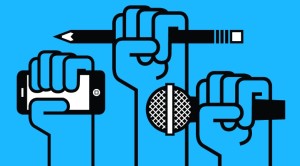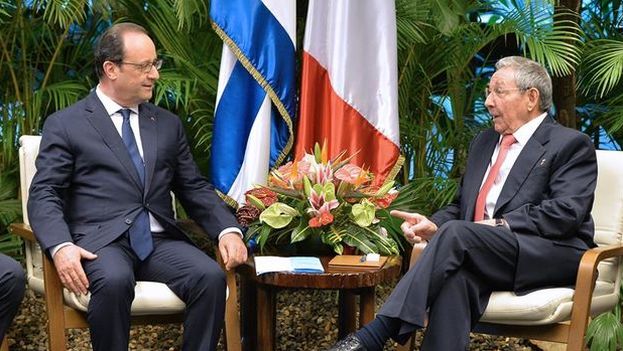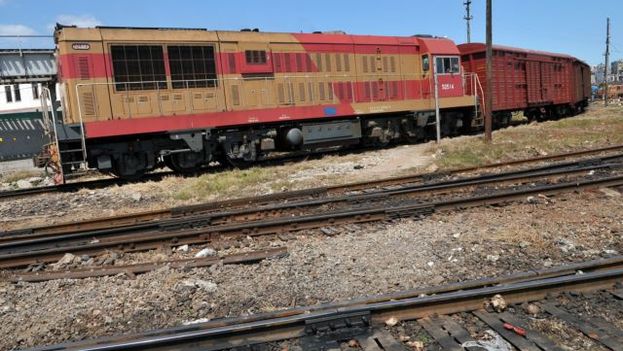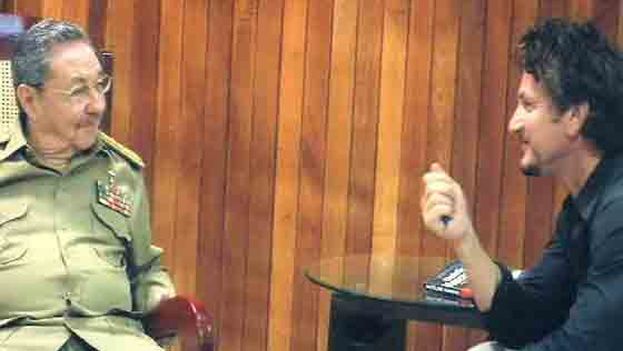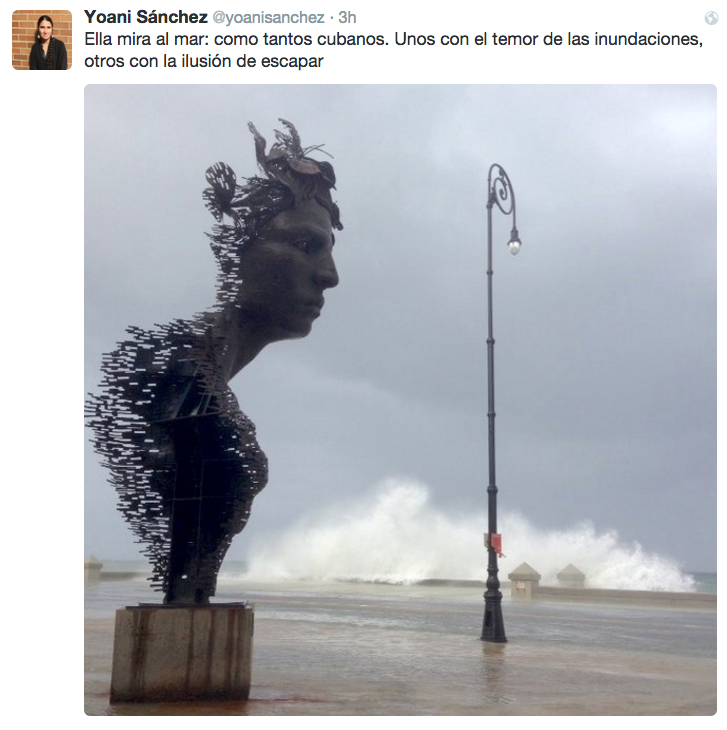Sanchez. You hired a lawyer in a collective law firm take on the defense. How did that lawyer perform?
Santos. In July 2014, when my son was still being held in Villa Marista, they explained to me that he had the right to a lawyer. As Raibel was a resident in the United States we had to pay 6,000 CUC. We could have had any kind of attorney, but I hired a “Revolutionary attorney,” like the government told me to.
Sanchez. Did you believe during the trial in the independence of the court regarding any political or exemplary bias and that the Government wanted to bring to the case?
Santos. During the two long years we waited for the hearing, I always had confidence in what Cuban officials sent me. I was confident that justice would be done. I went to the hearing with much hope, because I saw it as clear and transparent. The lawyers exercised their full rights. It made an impression on me to see how those young people used their office, with professionalism and fairness. Especially since they used the facts and evidence and asked that they be applied according to the Penal Code.
Sanchez. If the defense attorney made every effort to reduce the sentence and even achieve an acquittal, why do you think that Raibel received a 15 year sentence?
Santos. The judges’ power of discretion was unfair. The prosecutor asked for eight to 15 years for my son and the judges ruled the maximum sentence. Without facts or evidence.
Sanchez. What was your child’s defense?
Santos. The lawyer raised two issues. One, that it was impossible because an unarmed person cannot take arms into a military unit, because of all the protection of these places and how difficult it is to even get past the post barracks entrance. So to do something like that was impossible, they should absolve him.
Number two: lack of evidence. The prosecutor made his argument basically on what the defendants said, starting from the ideas they had of provoking an uprising, a civic-military uprising. So, the defense lawyer agreed that they had “ideas,” “attempted rebellion,” but nothing else and asked the judges for a sentence of between two and four years.
Sanchez. What is the crime for which Raibel and the other three defendants were tried?
Santos. They accused him of terrorism and categorized, judged and sentenced him as he it were a terrorist, even though the defense attorney clarified during the trial that it wasn’t about terrorism, or even terrorist ideas. My son and others weren’t caught with even a knife.
Sanchez. What is Raibel’s situation with regard to his imprisonment right now? What prison is he in and under what conditions?
Santos. Raibel is in the Combinado del Este prison in Havana, and is well. He is in a cell with 35 men and has not had any problems so far with anyone. He has not committed any indisciplines and there have been no complaints about him. He is quiet, in good health, including putting on weight, because when he left Villa Marista he had lost 28 pounds. We can see him every other month.
Sanchez. What was the relationship between the four defendants? Were they friends or acquaintances? How did they contact each other before reaching Cuba?
Santos. In the trial it was shown that they knew each other, but I don’t know anything more than that. My son has never talked to me about that.
Sanchez. After arriving in Miami at 21, he started studying at college and had a future ahead of him in the United States. Did he think of returning to Cuba with their idea of instigating a popular uprising?
Santos. First of all, he is Cuban, not a foreigner and he left the country because of dissatisfaction with the system. He is also a young man who had dreams of seeing his country free. He loves to read a lot and perhaps he felt the need to do something for his country. Many young people in exile feel they have turned their back on their country. I also want to make clear that my son had no criminal record either in Cuba or the United States.
Sanchez. It is speculated that the conviction of your son could be government revenge against his father, Manual Pacheco Toledo, rector of the Univresity of Holguin and an official in the Cuban embassy in Mexico, who fled to the United States. Do you agree?
Santos. If so, it would be a doubly unjust conviction, because my son was not raised by his father, he left the family when the boy was nine. We divorced in 1993 and I raised my children alone. I came to America precisely because I no longer had any family in Cuba, all my relatives were here.
I try not to judge anyone without evidence and would like to continue to trust that this is not a grudge match.
Sanchez. Do you have any hope that your son won’t have to serve such a long sentence, that there will be some amnesty or a prisoner exchange with the United States government, which will get him out in the short term? Perhaps now with Barack Obama’s visit to the island?
Santos. In Cuba after the triumph of the Revolution, there has never been an amnesty and there are many men in prison. For me, as a Cuban it would be an enormous satisfaction if this happened. The intentions of both governments to establish peace fills me with expectations. If Obama is going to talk about human rights in Cuba and touches on the issues of the prisoners, I would like him to address the case of these four detainees: two of them are U.S. residents and the other two are Cuban-Americans.
Sanchez. What steps have been taken to appeal the decision of the judges and the sentence imposed on Raibel?
Santos. Where I first made known my opinion on the hearing and the judgment it was in a letter to Raul Castro that I delivered to the Council of State in Havana. I have always taken into account the Cuban government.
Right now I’m appealing the case, which is valid for all the defendants, and I hope that the misuse of power by the arbiters, which are the judges, will be corrected, because it has been an unjust and excessive sentence. I am persevering because Raibel has a future ahead of him, a wife who is expecting a baby. Why take from him the right to see his child born, if he hasn’t done anything?
Sanchez. If the appeal does not reduce the sentence, will you appeal to an international body?
Santos. I will continue until the last step. If a mother does not defend her son, who is going to defend him? If Raibel is guilty of misconduct he needs to be corrected, but if they have been unfair to him, I have every duty and obligation to take the case to every possible body.
